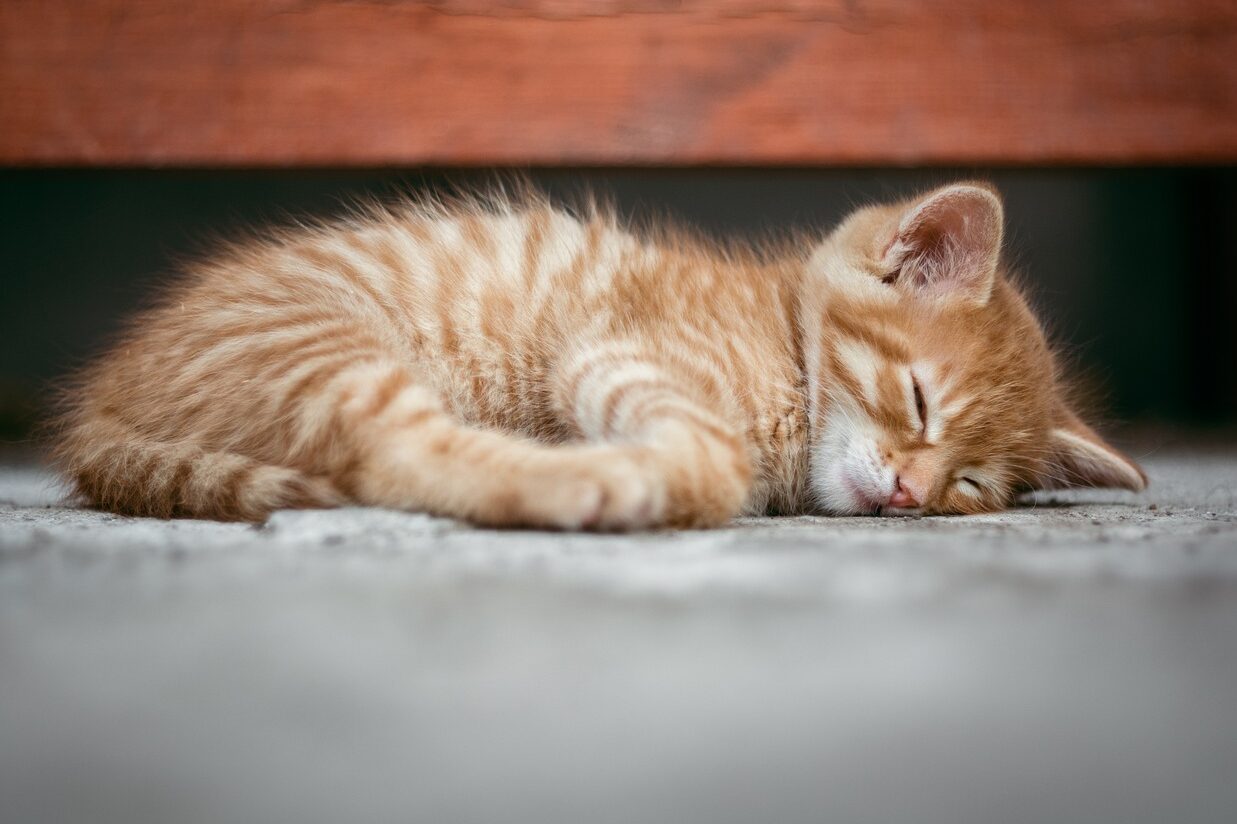Many people don’t get their proper beauty sleep every day. According to the Centers for Disease Control and Prevention, 1 in 3 adults in the United States aren’t getting the sleep they need. It is concerning how many teens and adults don’t value their sleep time and get 3 or 4 hours each day. It might be exciting to stay up all night and scroll through our phones on social media, and spend hours on Instagram, YouTube, and Snapchat.

Can’t humans just skip sleeping and stay up all night? It is possible. In 1963, a 17-year-old boy named Randy Gardner stayed up 264 hours or 11 days to break the world record for the longest time without sleep for a science fair project. The human brain can go without a break for 8 to 10 days, according to Healthline.com. But poor slumber results in stuff that isn’t as exciting as you’d think.
Why is sleep important for our health?
The Office of Disease Prevention and Health Promotion says poor rest is linked to various diseases and conditions such as obesity, diabetes, heart disease, cancer, and even death. Also, people who don’t get enough can end up with higher risks for brain problems such as dementia or a stroke.
In an interview with National Public Radio, Gardner explains how he was able to stay up the first 2 days fine, but on the third day, he started seeing the effects of sleep deprivation. He says he starts feeling nauseous and also forgets things, “… it was almost like an early Alzheimer’s thing brought on by lack of sleep.”
In the same interview, UC Berkeley neuroscientist Matthew Walker explains the consequences of a small amount of sleep taken away twice every year during daylight savings time. “And in the spring when we lose an hour of sleep, we see a subsequent 24 percent increase in heart attacks. In the fall when we gain an hour of sleep opportunity, there is a 21 percent decrease in heart attacks.”
Well, what if I got a lot of shut-eye last night? Does that mean I can stay up tonight? Matthew Walker explains that the idea of storing shut-eye doesn’t exist. While we can eat and store up calories to use when we’re hungry, that doesn’t happen with brain cells. This is because humans haven’t evolved to face the extreme deprivation of rest yet.
Gardner regrets his experiment as a teen, and he says he suffered “unbearable” insomnia for years until he could drift off, but only for 6 hours a night. He strongly states that sleep is needed in our busy daily lives, no matter what.
How much siesta do you need?
Harvard Health Publishing states in its article, How much sleep do you actually need? that at least 7 hours is considered healthy for adults. However, Eric Zhou from the Harvard Medical School says that the amount of snooze varies for different people, and sleep quality is more important than the number of hours.
While you might need 8 to 9 hours of siesta, another person might only need 5 hours to feel refreshed. Zhou explains that instead of looking at how long you nap, looking at the quality of it is more important. Sleep quality determines how well you slept through the night.

Harvard Medical Publishing also states that you should maintain a consistent wake-up time, limit naps during the day, and be physically active to improve the quality of your rest.
Summing it all up
All in all, getting proper sleep is important for both your physical and mental health. This is a reminder for all those people who stay up at night and go to bed at inconsistent times every night. Poor slumber can lead to many diseases and conditions you’d be better off not having. And while the number of hours might seem more important to you, the quality of your slumber is way more vital.
If you liked this, read our post about the history of immigrants.


